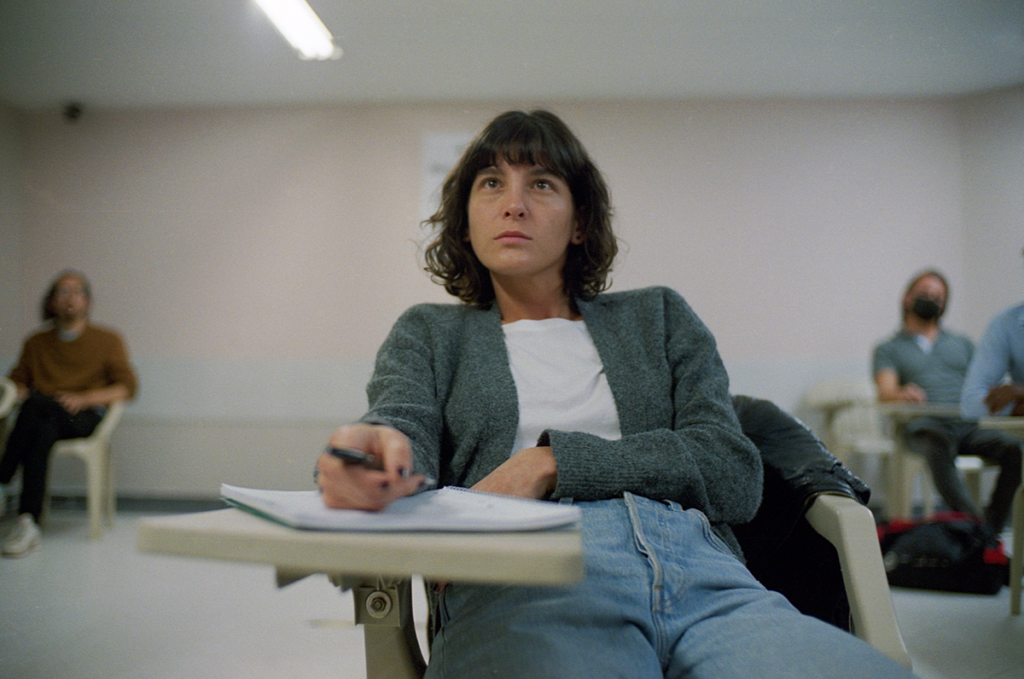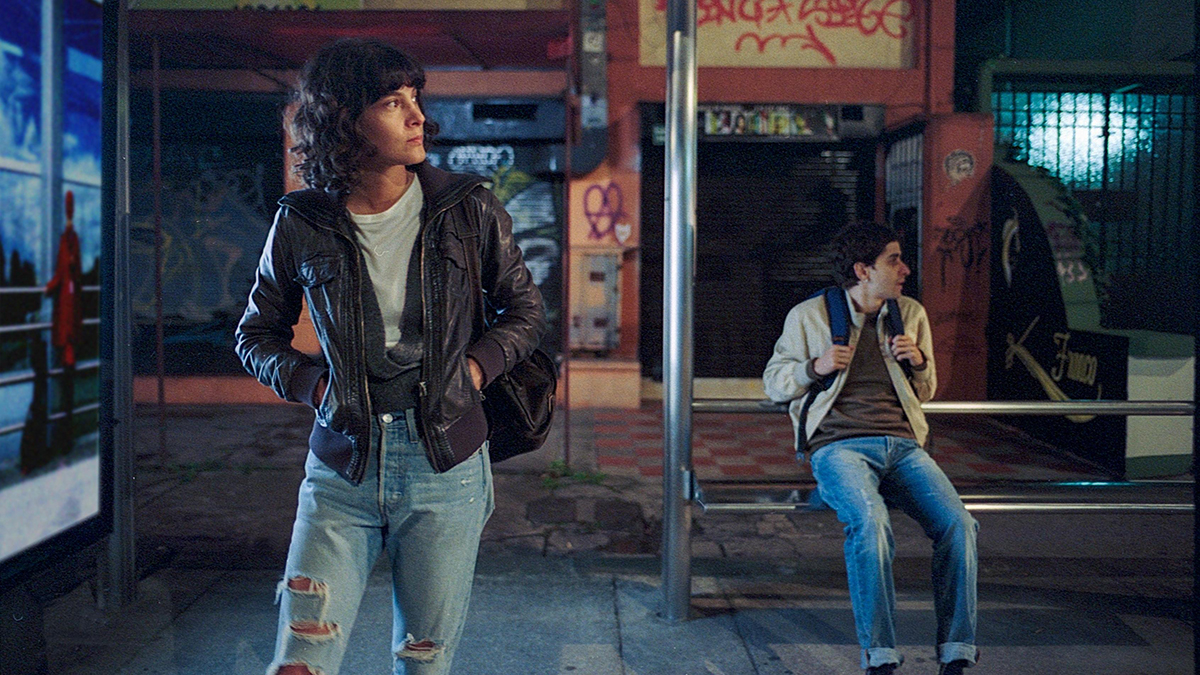“A lot of the time in Colombia, our cinematography is based on really tragic stories… Those are beautiful stories that need to be told. But we don’t have that many stories about common people, normal people, the ones you run into on the street,” Estefanía Piñares tells LatinaMedia.Co. Piñares is the star of Malta a Colombian film that recently premiered at the SXSW Film Festival.
Malta gets uncomfortably close to Piñares’ Mariana, a young woman dreaming of escaping her toxic family and in an act of rebellion, traveling to the island of Malta. There’s no mention of war or politics – instead, the film’s all about Mariana’s awkward state as neither an independent adult nor a dependent child. It zooms in on its heroine’s experience, giving us a singular, more intimate type of Colombian story.
To establish an atmosphere of intimate discomfort, writer and director Natalia Santa starts the film with a scene with Mariana urinating in the shower. From there, Malta follows Mariana through countless arguments with her family, a courtship with a classmate, nights of heavy substance use, internet sleuthing, and sexual escapades both satisfying and dangerous.

Santa tells LatinaMedia.Co over Zoom that she first started writing the script as she was deep in motherhood, caring for her two young kids: “That moment was a moment of realization of what motherhood is. It also made me ask about who I was as a daughter – when I was a child and when I was a teenager. And I also asked myself about what kind of mother I wanted to be with my daughter, with my kids.”
The result is a high-tension film with Mariana constantly rejecting her alcoholic mother (Patricia Tamayo), whether her mom is simply offering to heat up some food or slinging insults at her daughter. As filmmaker Santa puts it, Mariana is “facing the reality of a relationship with a mother that you feel didn’t do the things that she had to do to support you, to protect you.” Over the course of the film, Mariana starts to bring some nuance to her view of her mother, seeing her not just as a failed caregiver but also as a flawed and hurt person.
And that’s not the only thing our heroine learns. “She has a glimpse of realizing that she has to be vulnerable, and she can’t escape from her own vulnerability,” explains Piñares. And that growth is most stark in the differences between the film’s many sex scenes. Mariana likes to pick up men at bars and at times their encounters make her feel powerful and beautiful – but not always. As she embarks on a more grounded relationship with Gabriel (Emmanuel Restrepo), their potential coupling offers more emotional risk and reward. As such, the sex scenes aren’t there to titillate but rather add to the intimate nature of the film and Mariana’s growth. Think of it as the female gaze in action.

For all its closeness, the movie never seems to be judging Mariana. Instead, it simply presents her and her desire for escape and rebellion – things that are typical for Colombian youth across generations. Santa remembers growing up feeling like “here in Colombia, there was no future. It was like, if you if you stay here, you lose.” While Piñares, who’s “two generations” younger than her director, says “I think now it’s a little bit different. But even now, everyone wants to leave – so they can come back better… If they do come back, they want to leave first.”
Malta is a deeply Colombian film, focusing on what it is to be young and lost in this South American country that continues to be pigeonholed into drug-oriented narratives. And while both Piñares and Santa are adamant that Malta isn’t preaching anything, Piñares does hope that viewers take away this message: “Being flawed and being erratic and not knowing and feeling lost and not having things sorted out, it’s fine. It’s part of it.”

